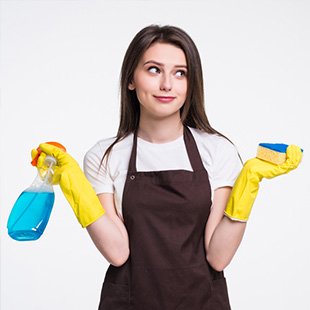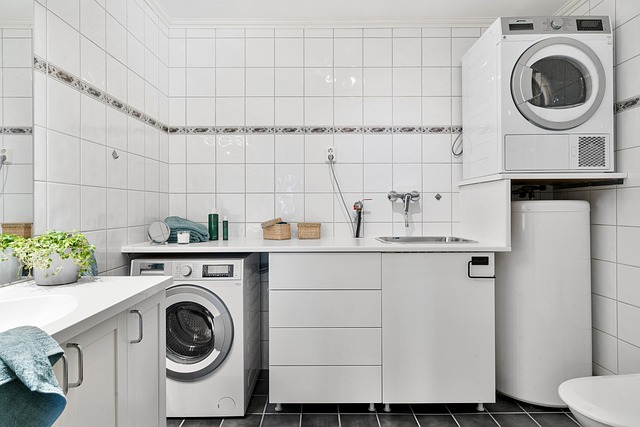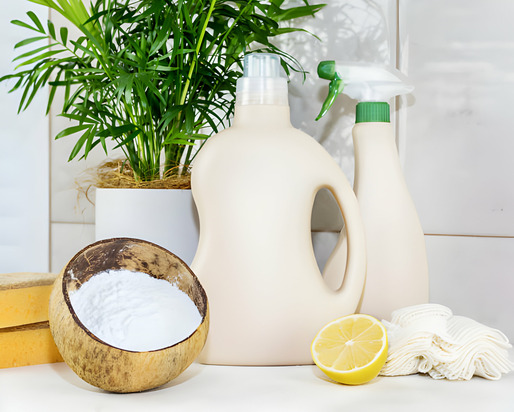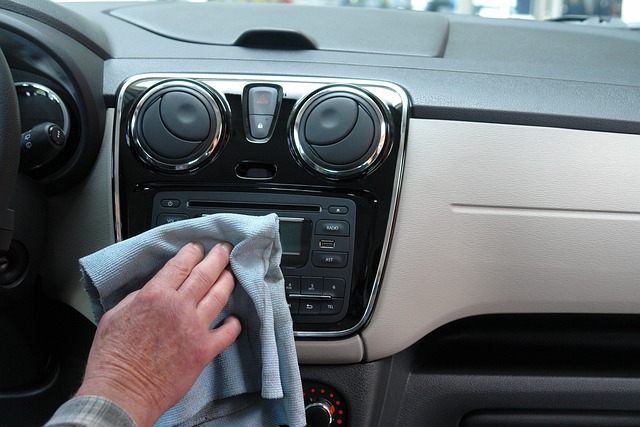The awareness and focus on sustainability and eco-friendly living have significantly increased over the past decade, with consumers increasingly seeking products that cause minimum harm to the environment. This includes household items, clothing, food, and, importantly, cleaning products. Consequently, the cleaning industry has hopped on this “green” bandwagon, marketing there products as Earth-friendly, non-toxic, and sustainable. Yet, not everything that glitters is gold. There’s a dark side to this trend that consumers need to be aware of, which is greenwashing in the cleaning industry.
The term “greenwashing” was coined by environmentalist Jay Westerveld in the 1980s. It refers to the act of misleading consumers into thinking products or services are environmentally friendly when they are not. Companies do this by using phrases like “green”, “bio”, “eco-friendly”, “natural” and “sustainable” in their marketing, without having the necessary certifications or meeting proper environmental standards. Unlike “whitewashing”, which denotes covering up mistakes or scandals, greenwashing is about creating the illusion of ecological responsibility.
Greenwashing in the Cleaning Industry
Greenwashing is not a new phenomenon, but its occurrence has increased significantly with the growing demand for eco-friendly products. The cleaning industry can be cited as a prime example of an industry that has been actively exploiting this trend.
It is common to find labels on cleaning products claiming to be “biodegradable”, “non-toxic”, “natural”, “organic”, or “eco-friendly”. While these terms seem attractive and may sway environmentally-conscious consumers towards buying them, the truth of these claims is often dubious. Regrettably, in many cases, these claims are part of flashy marketing strategies designed to capitalise on the rising wave of environmental consciousness among consumers.
The Impact of Greenwashing
Greenwashing in the cleaning industry has numerous repercussions, some of which may not be immediately noticeable. Firstly, it misleads consumers who aim to incorporate more sustainable products into their lives. They often pay a higher price for these supposedly eco-friendly products, believing their money is going towards supporting environmental conservation. In reality, they may be supporting brands and businesses that contribute markedly to environmental pollution.
Moreover, companies practising greenwashing indirectly undermine the efforts of genuinely Green companies. These companies often incur higher costs to ensure their products are truly eco-friendly, which can make their products more expensive than ordinary ones. However, when companies engage in greenwashing, they damage customer trust not only in their brand but also in other genuine ‘green’ brands.
Identifying Greenwashing
The retailers aren’t fully at fault here; the cleaning industry is subjected to minimal regulation in terms of these claims. While there are rules in place for absolute statements like “100% natural”, relative yet vague terms like “eco-friendlier” or “greener” aren’t regulated strictly, leading to misuse.
Given the dearth of regulations, it becomes essential for consumers to be vigilant. Here are some signs of potential greenwashing:
1. Vague Language: Look out for terms like “eco-friendly”, “green”, “sustainable”, “natural”, or “organic”. While these words seem attractive, they’re often used without any certification or standardisation. They should be backed up with evidence and clear explanations about why the product is considered “green”.
2. Hidden Trade-offs: This is when a product highlights one eco-friendly attribute while ignoring other environmental impacts. For example, a cleaning product might be labelled as “made with recycled material” but still uses hazardous chemicals.
3. Irrelevant Claims: Be wary of claims that whilst true, are irrelevant to that specific product. For instance, a company stating there liquid soap is “CFC free” is irrelevant as CFCs are banned and aren’t used in cleaning products anyway.
Combatting Greenwashing in the Cleaning Industry
As consumers, we play a pivotal role in stopping greenwashing in the cleaning industry, mainly through informed buying decisions. Here’s how:
1. Be Informed: Knowledge is power. Understand the terms often used in “green” claims, and what they actually mean. Research about certifications and what it takes for a product to be truly eco-friendly.
2. Check Certifications: Reputable eco-friendly products generally have certifications from known certifying bodies. Look out for these marks; they’re a good indicator of genuine green products.
3. Research Brands: Take time to research different brands, their ethos, and their practices. Companies with a genuine commitment to sustainability usually have in-depth information available about their environmental practices.
4. Support Genuine Green Companies: Not only do you support eco-friendly practices when buying from genuine green companies, but you also help to keep them competitive in a market crowded with greenwashed products.
Conclusion
In a world where greenwashing in the cleaning industry is prevalent, it’s crucial for consumers to be vigilant and informed. By understanding the concept of greenwashing, identifying its tactics, and making conscious choices, we can take a stand against misleading marketing practices. Together, we have the power to demand genuine environmental responsibility and support companies that are truly committed to sustainability. Let’s navigate the cleaning industry with clarity and make choices that benefit both our homes and the planet we call home.
Being mindful of greenwashing in the cleaning industry is an essential step towards a more sustainable lifestyle. Consumers can combat greenwashing by staying informed and making conscientious purchasing decisions. On a broader scale, industries and regulators must also take action by implementing stricter regulations for green marketing and providing clear definitions for terms like “green” and “eco-friendly”. Only then can we ensure a truly eco-friendly market that fosters not just sustainability, but also transparency and trust.














